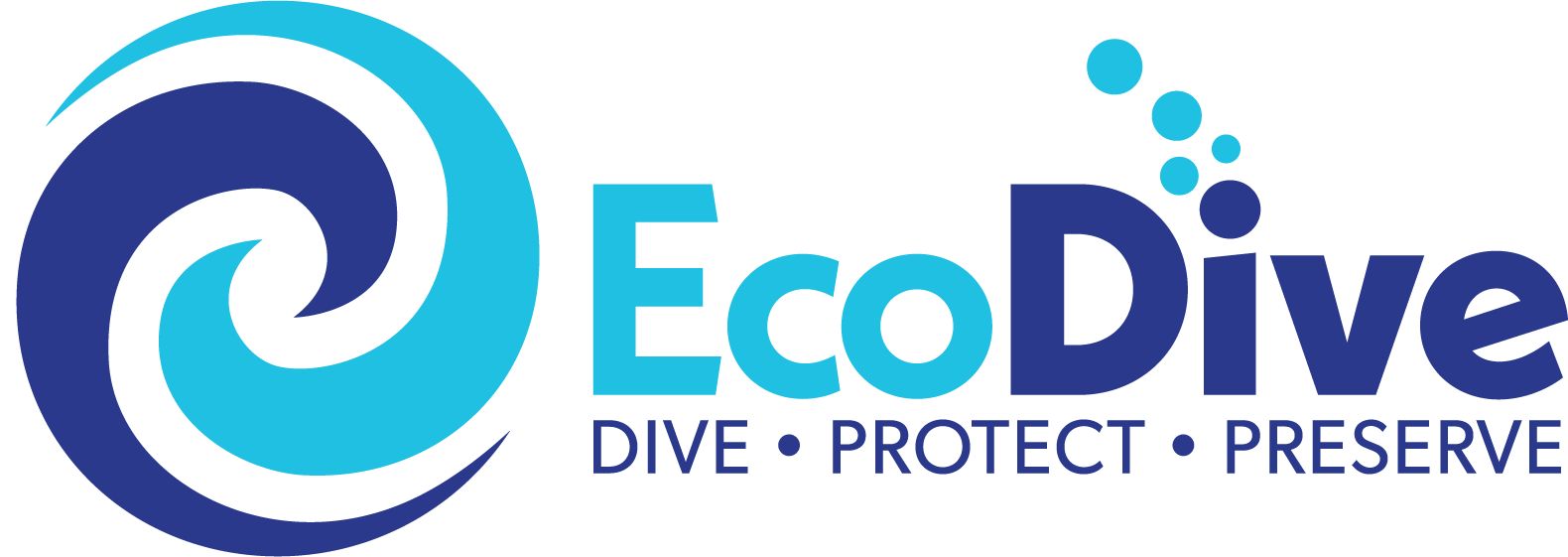Scuba Diver Certification Explained
- Oct 9, 2025
- 4 min read
Diving into the world beneath the waves is nothing short of magical. But before you can explore Bermuda’s vibrant coral reefs and crystal-clear waters, you need to get your scuba diving certification. It’s your golden ticket to underwater adventures, safety, and confidence. If you’ve ever wondered what it takes to become a certified diver, you’re in the right place. Let’s dive in and break it all down, step by step!
Why You Need Scuba Diving Certification
Getting certified isn’t just a formality - it’s a must. Think of it as your underwater driver's license. Without it, you’re basically swimming blind. Certification ensures you know how to use your gear, handle emergencies, and respect the marine environment. Plus, it opens doors to dive shops, guided tours, and dive sites worldwide.
Here’s what you get with a proper certification:
Safety skills: Learn how to manage your equipment and respond to underwater challenges.
Knowledge: Understand dive theory, marine life, and environmental protection.
Experience: Practice in pools and open water with professional instructors.
Access: Dive anywhere, anytime, with recognised credentials.
If you want to explore Bermuda’s underwater treasures responsibly, certification is your first step. And guess what? It’s easier and more fun than you might think!
How Scuba Diving Certification Works
Getting your certification involves a mix of classroom learning, pool sessions, and open water dives. Most courses are designed to be beginner-friendly, so no worries if you’re new to the sport.
Here’s a typical breakdown:
Knowledge Development
You’ll learn the basics of diving theory, including pressure effects, equipment use, and safety rules. This can be done online or in a classroom.
Confined Water Dives
Practice your skills in a pool or calm water. This is where you get comfortable with breathing underwater, mask clearing, and buoyancy control.
Open Water Dives
Time to hit the ocean! You’ll complete a series of dives under instructor supervision, applying what you’ve learned in real conditions.
Certification
After successfully completing all parts, you receive your certification card. This card is your passport to dive shops and dive sites worldwide.
The whole process usually takes a few days to a week, depending on your schedule and course type. And trust me, the feeling of your first open water dive is worth every minute of training!
What is the difference between scuba and SDI?
You might hear the terms "scuba" and "PADI" tossed around a lot. So, what’s the deal?
Scuba stands for Self-Contained Underwater Breathing Apparatus. It’s the gear and technique that let you breathe underwater. So, scuba is the activity itself.
SDI (Scuba Diving International) is one of the largest scuba training organisations. They set the standards and offer courses for all levels, from beginner to pro.
Think of it this way: scuba is the sport, and SDI is one of the main schools teaching it. There are other certifying agencies too, like SSI and NAUI, but SDI is the most recognised globally.
Choosing an SDI course means you’re getting training that’s internationally accepted, thorough, and focused on safety and fun. Plus, many dive centres in Bermuda, including EcoDive, offer SDI courses tailored to the local environment.
Tips for Choosing the Right Scuba Diving Certification Course
With so many options out there, picking the right course can feel overwhelming. Here’s how to make it simple:
Look for local dive centres with good reputations
A centre like EcoDive in Bermuda offers expert instructors who know the local waters and marine life.
Check course formats
Some courses offer online theory, which is great if you want to learn at your own pace before hitting the water.
Consider your schedule
Choose a course that fits your availability. Some centres offer intensive courses over a few days, while others spread it out.
Ask about equipment
Good dive centres provide quality gear and ensure it’s well-maintained.
Focus on safety and environmental awareness
The best courses teach you to protect the ocean while enjoying it.
Once you’re certified, you’ll be ready to explore Bermuda’s stunning dive sites with confidence and respect for the environment.
What Comes After Getting Certified?
Getting your certification is just the beginning. The underwater world is vast, and there’s always more to learn and explore.
Here’s what you can do next:
Advanced courses
Try specialities like deep diving, night diving, or underwater photography.
Join dive trips
Explore Bermuda’s famous wrecks, reefs, and marine parks with experienced guides.
Get involved in conservation
Many dive centres, including EcoDive, run community projects to protect coral reefs and marine life. You can volunteer and make a difference.
Keep practicing
The more you dive, the better you get. Plus, it’s a fantastic way to stay connected with nature and meet like-minded people.
Remember, your scuba diver certification is your key to a lifetime of underwater adventures and ocean stewardship.
Dive Into Your Next Adventure
Ready to take the plunge? Getting your scuba diving certification opens up a whole new world of excitement, discovery, and connection with Bermuda’s incredible marine environment. Whether you’re a complete beginner or looking to advance your skills, the journey starts with that first course.
So, gear up, dive in, and let the ocean show you its wonders. The underwater world is waiting - and it’s more beautiful than you ever imagined!



Comments